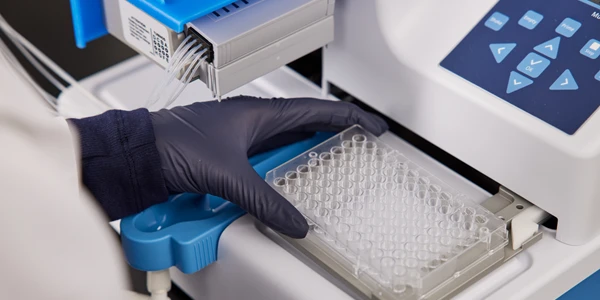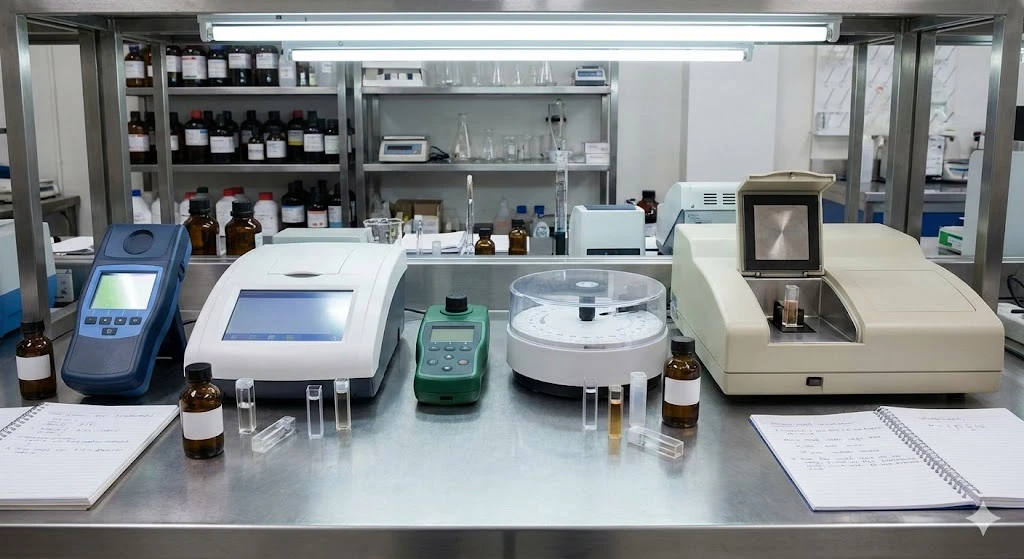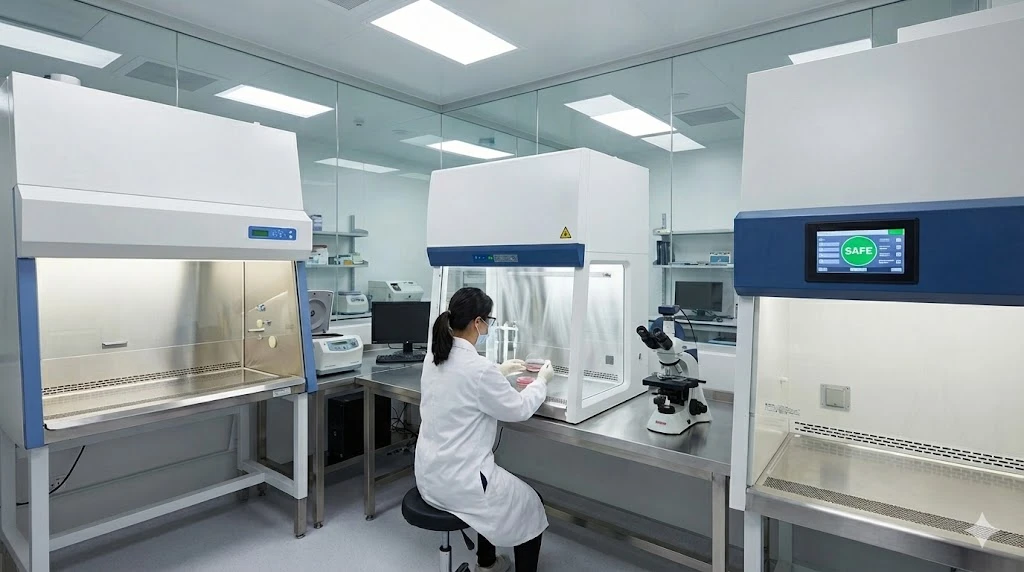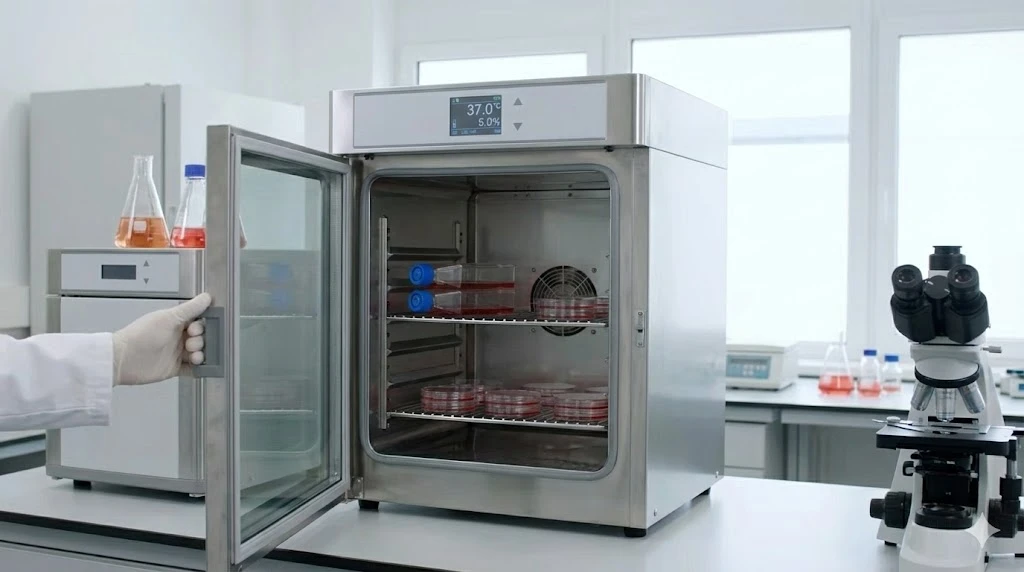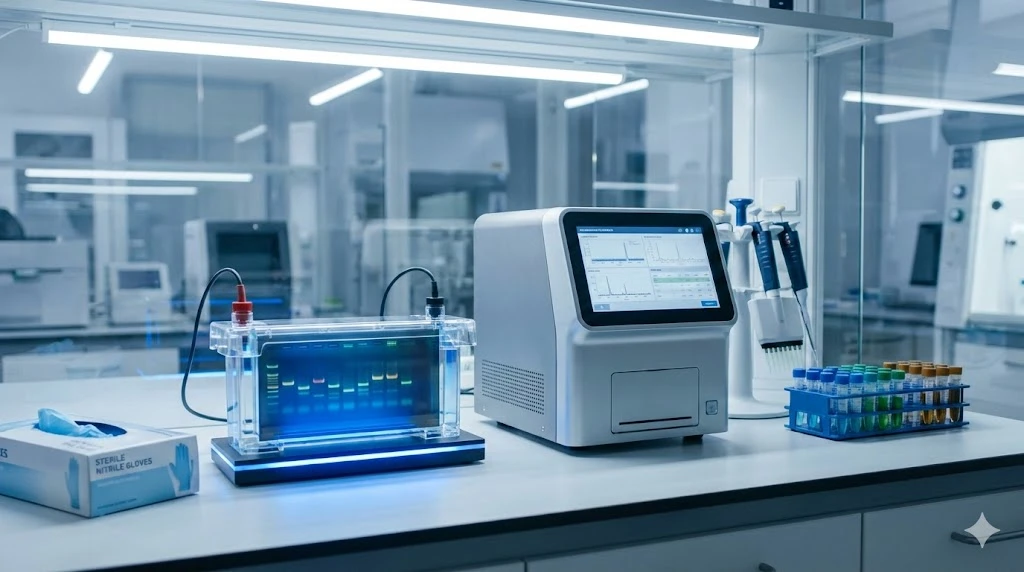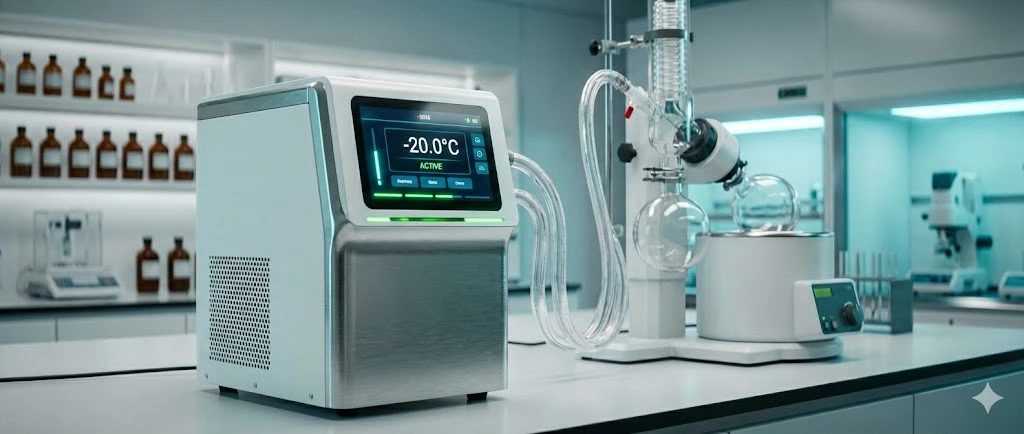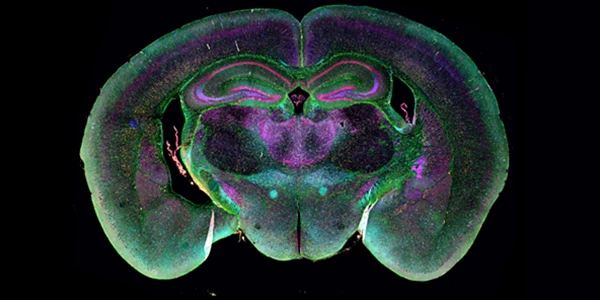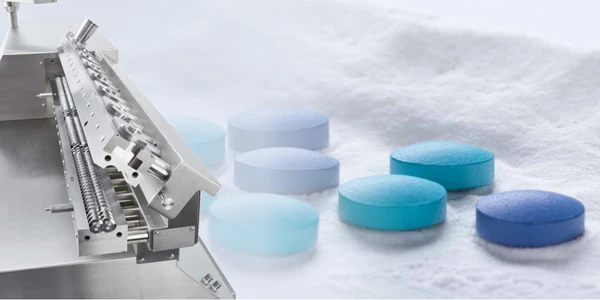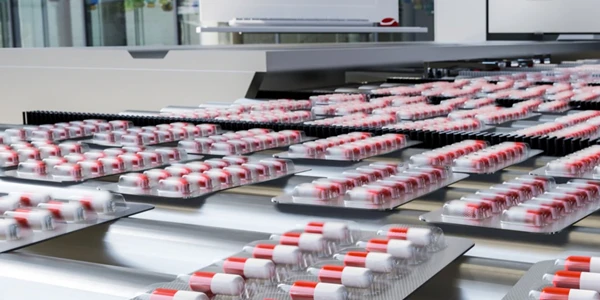The Latest Immunoassay Kits and Instruments for Vitamin D Testing
The recent Vitamin D Day - November 2nd - brings the conversation regarding this essential nutrient to the forefront. What emerging conditions are associated with Vitamin D? How do imbalances correlate with health? What are the best available testing technologies?
With regards to the last question… There are several modern technologies adapted for Vitamin D testing, including those leveraging liquidchromatography coupled to mass spectrometry. The original immunoassay-based Vitamin D tests, developed and commercialized over 25 years ago, however, have long been the standard across the clinical diagnostic landscape.
With the expanding importance of Vitamin D in cardiovascular disease, cancer, diabetes, and other pathologies, the latest immunoassay technologies are proving essential in ensuring accuracy, precision, and throughput for today’s testing needs.
DiaSorin developed the first standardized test back in 1985, the 25-OH Vitamin D radioimmunoassay, which for years was the refence method for the industry. Today the company offers the fully automated LIAISON® 25 OH Vitamin D TOTAL Assay as a testing kit to accurately assess Vitamin D status in patients.
- The assay uses chemiluminescent immunoassay (CLIA) technology for the quantitative determination of 25-OH Vitamin D and other hydroxylated Vitamin D metabolites in human serum, EDTA-plasma, or lithium heparin plasma.
- The assay uniquely utilizes an antibody which can detect both forms of 25-OH Vitamin D (D2 and D3). This improves the specificity and reliability of the assay, providing greater diagnostic power than previous non-specific tests.
- The kit is designed to run on any instrument in the LIAISON clinical analyzer family.
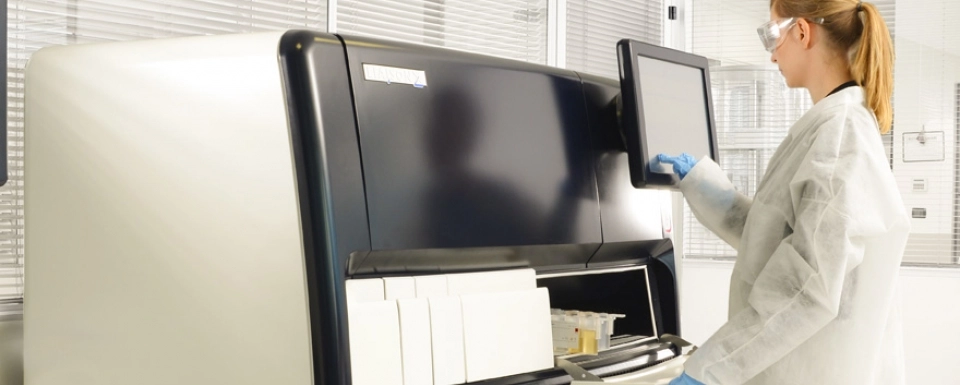 DiaSorin also offers the LIAISON® XL 1,25
Dihydroxyvitamin D chemiluminescent immunoassay for specific quantitation of the
bioactive form of the molecule in serum, EDTA, and lithium heparin plasma. This
assay kit is designed to run on the LIAISON XL Analyzer.
DiaSorin also offers the LIAISON® XL 1,25
Dihydroxyvitamin D chemiluminescent immunoassay for specific quantitation of the
bioactive form of the molecule in serum, EDTA, and lithium heparin plasma. This
assay kit is designed to run on the LIAISON XL Analyzer.
- The LIAISON XL is a fully automated analyzer that uses “flash” chemiluminescence technology (CLIA) with paramagnetic microparticle solid phase.
- Reagents can be accessed via a quick release feature and are stored in a temperature-controlled module.
- The throughput of the instrument can be optimized by splitting phases of reagents and samples into different cycles. This allows double washing capacity and the ability of the incubator to hold up to eighty sample cuvettes.
- The LIAISON XL software is easy to use with intuitive scheduling and run monitoring features. Its connectable to laboratory information system (LIMS) setups and offers remote access controls.
This latest addition to the LIAISON instrument lineup provides an optimum solution for high-accuracy and high-throughput Vitamin D testing operations.
Siemens offers Vitamin D testing solutions including the Vitamin D Total Assay kit, which is the only CDC certified method that is designed for use with defined pediatric reference values.
- The test has equal detection capabilities for Vitamin D2 and Vitamin D3, lowering the risk for inaccuracies in test results.
- The test is certified by the Vitamin D Standards Certification Program (VTSCP) and is renewed quarterly for confidence in accuracy and reliability.
- The Vitamin D test can be consolidated with other tests on fully automated, high-throughput systems. These include the Siemens Atellica® Solution, Dimension® EXL™ Integrated Chemistry System, and ADVIA Centaur® Immunoassay System.
Assay specifications are available on the product page.
Biomerieux offers the VIDAS 25 OH Vitamin D Total assay to aid assessment of Vitamin D sufficiency and supplementation follow-up.
- Using the enzyme-linked fluorescent assay (ELFA), the kit detects 25-hydroxyvitamin D Total in human plasma or serum.
- The kit enables detection of both Vitamin D2 and Vitamin D3.
- The kits reference range is compliant with international clinical recommendations for accurate patient status checks.
- The assay has been shown to correlate very well to the latest Liquid Chromatography-Mass Spectrometry (LC-MS/MS) reference method.
The automated assay can be run on the VIDAS family of instruments using ready to use calibrators and controls. Further assay specifications are available on the product page.
Overview
Vitamin D testing has never been more important, with growing implications in a host of diseases and metabolic states. Recent peer-reviewed studies have looked at the “Health Effects of Vitamin D Supplementation” and updates of the “Vitamin D Standardization Program (VDSP) intralaboratory study for the assessment of 25-hydroxyvitamin D assay variability and bias”.
Another recent study takes a look at “Vitamin D testing: advantaged and limits of the current assays”, confirming the ongoing evolution and the quest for superior testing technologies and performance.
